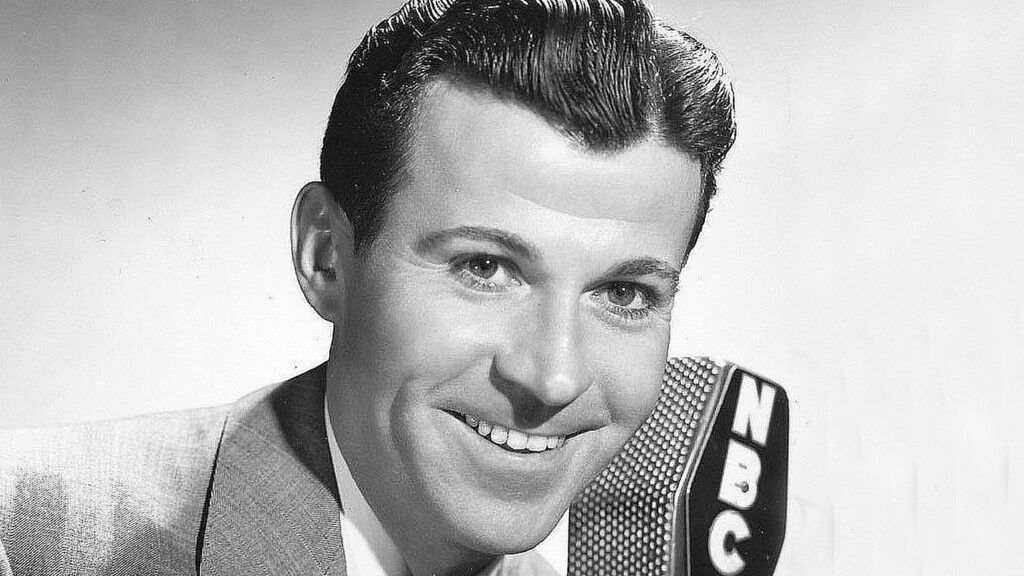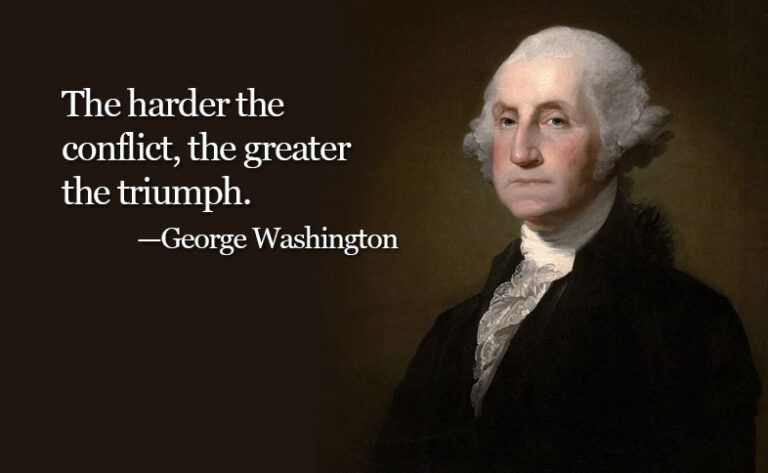Recently I read an article about a woman whose secret of happiness was to be found in two words which she had printed in large letters and placed in a frame over her sink. Those two words were “Yes, Lord.”
I recognized immediately what those words meant to that woman because out of my own life there are two similar words that I’d do well to frame.
I came across them for the first time—in a meaningful way, that is—in the 1930s, back in the heyday of radio. On one memorable occasion I had the chance to audition for Jack Benny’s vastly popular Sunday night program. Kenny Baker was leaving the show and they needed someone to replace him, someone who could both sing and play the part of a good-natured stooge.
At that particular time I was just out of college and was about to enter law school in New York when a sudden appendix operation kept me idle for a term. I had done some singing on radio in New York during school days and somehow or other a recording of me singing “I Never Knew Heaven Could Speak” got to Jack Benny’s wife, Mary Livingston. She suggested that I be added to the long list of prospects.
There was great secrecy about the audition. When I went into the office and saw Jack Benny sitting there, I nearly fell through the floor. Eventually I was taken to a studio where I sang over a microphone for Jack, who sat listening in another studio. I sang for 20 minutes. I did a variety of songs and then I heard the instruction through the intercom: “O.K. Take a rest.”
And so I did. I just sat there. The time passed. The silence in that studio was nerve-wracking. Then suddenly the intercom called out my name. I jumped up and quickly, without thinking at all, blurted out an innocent “Yes, please?”
I didn’t know it at the time, but that remark had convulsed them in the listening room and when I later landed the job they wrote “Yes, please” into the weekly radio script.
The remark was accidental; yet, there is within it an attitude which reflects the type of upbringing I had as a child. Like “Yes, Lord,” the idea of “Yes, please” suggests readiness to respond to requests. I think that this world is made up of yes-please people and no-thanks people, and, thank God, I was blessed by being born into a yes-please family.
My four brothers and one sister and I grew up in New York’s Bronx where my father was a city engineer. We didn’t have much money. But somehow or other we became imbued with the idea of grabbing hold of life as it was given to us and then wringing as much good from it as we could.
All of us kids worked hard—eventually all of us graduated from college—and we played hard and prayed hard. We McNultys (I was born Owen Patrick McNulty) were totally, unabashedly Irish. Mom and Dad both spoke with heavy brogues. There was lots of singing of Irish songs and frequent step-dancing to an Irish accordion. We were a houseful of yes-please optimists.
Even later, when we had grown up and gone away from home—but never really away from one another—I found examples again and again of how my family accepted life with joy and willingness. I think in particular of my brother John who suffered from cancer of the stomach for two years and nine months. John never complained.
At last John was forced to enter a hospital and there he stayed for six months. One night I was in Milwaukee playing Brigadoon and I telephoned long distance to see how he was. My sister answered and put him on the phone. He seemed as chipper as ever.
“Now don’t forget,” he said, “send me your reviews. I want to see how well you did.”
Two days later John was dead. At the very moment I talked to him, they were saying the rosary for the dying.
Whenever I see people who accept life willingly, in good times or bad, I draw strength from them. Maybe this outlook on life is too simple for some people. Maybe “Yes, please” on a sign would be pointless to anyone but me. Nonetheless, I have found that when people say “No,” or even “No thanks,” they tend to look down. When they say “Yes, please,” they look up. And I like to look up.
For more inspiring stories, subscribe to Guideposts magazine.






